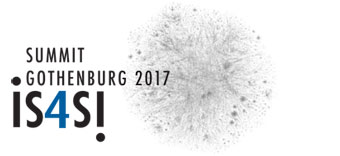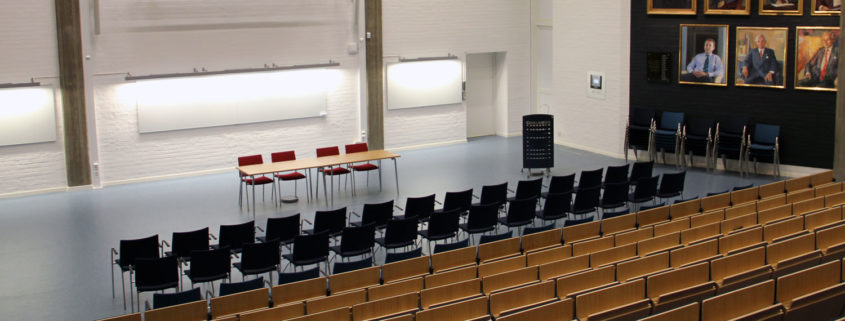Welcome to IS4SI-2017
The IS4SI summit 2017 in Gothenburg continues the series of biannual conferences of the International Society for Information Studies that was constituted in Beijing in 2010 conference, and continued in Moscow conference in 2013. The 2015 summit was hosted by Vienna University of Technology, while the next 2019 summit is planned at the University of California, Berkeley.
The International Society for Information Studies has deep roots in a variety of exchanges, meetings, conferences, and initiatives among scholars and scientists within the fields of information studies, information sciences and philosophy of information, to name but a few, during decades. One of our core communities is Foundations of Information Science, with first beginnings in 1992-1993, which has matured in a series of successful conferences (Madrid 1994, Vienna 1996, Paris 2005, Beijing 2010, Moscow 2013, and Vienna 2015). Other core communities are connected to conferences on Philosophy of Information, Difference that Makes a Difference (alluding to Bateson’s famous definition of information), the activities of Unified Theory of Information (UTI) Research Group http://www.uti.at/, Science of Information Institute, BITrum project http://en.bitrum.unileon.es/, Emergent Systems, Information and Society research groups and many others.
Traditionally, our summits gather leading researchers all over the world, from all continents, active in information studies and related research fields and communities of stakeholders. Keynotes, invited speakers and panelists are often deeply involved in social and ethical aspects of their research fields, frequently as key actors in advising governments, industries, and regulatory agencies. The engagement of leading researchers and practitioners has both the potential to identify future challenges and opportunities, but also to contribute to the practical solutions and new agendas.
In 2017, we have chosen to focus on digitalization for sustainable development as we agree that “Digitalization is the single most significant change factor of our age” – as has been noted in a strategic innovation programme for smart built environment. The transition from oil to information as a fundamental “raw material” for the future, as Bo Dahlbom aptly formulated digitalization, causes change of the society as we know it in all its aspects and functions. We must meet this new era with better understanding of information and its processes of computation and cognition (cognitive, meaningful information processing).
Sustainability in this context comes as a requirement, an expectation of the future digitalized era, and as a hope for improvements in all aspects of sustainability – from environmental to social, economic, and human.
Gothenburg is an especially fitting place with its history of Viktoria Swedish ICT, research institute dedicated to sustainable mobility by use of ICT. The department of Applied IT is a continuation of the IT University, one of the pioneers of digital revolution.
Bringing together important stakeholders from all over the world we hope to help moving digitalisation in the direction of sustainable development.






